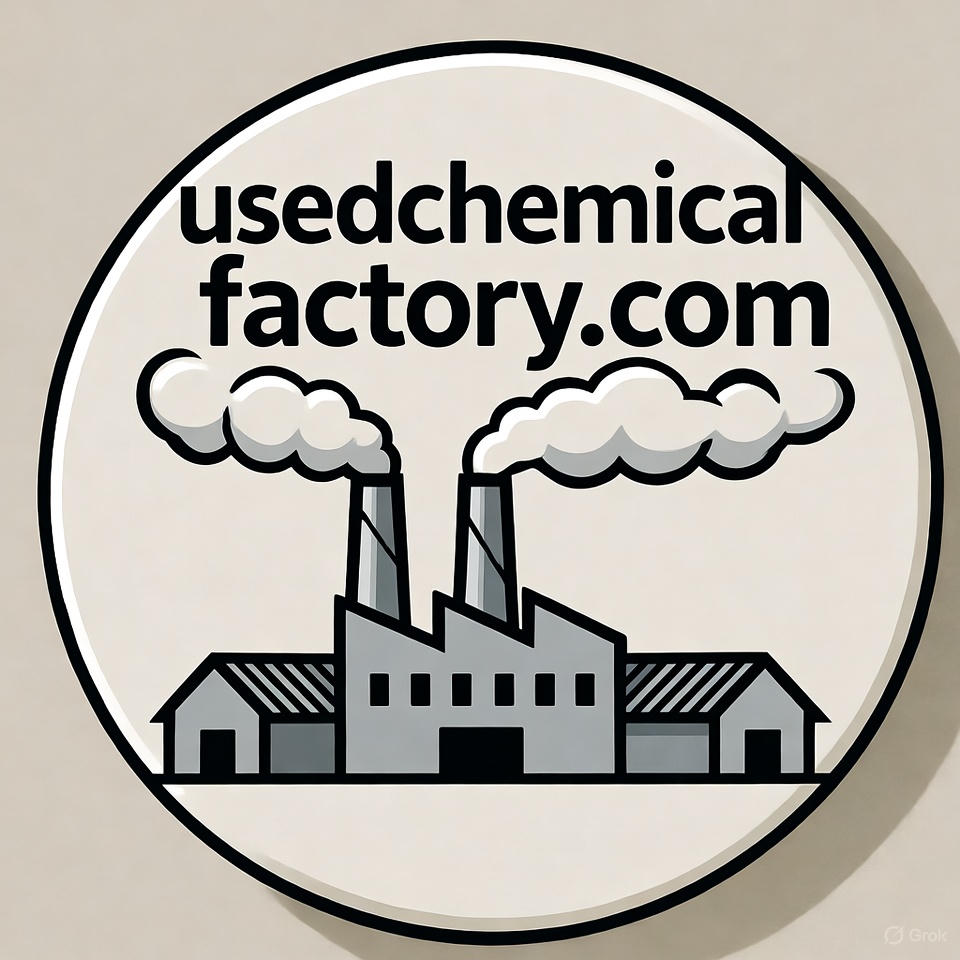The Methanol-to-Olefins (MTO) process is a key petrochemical technology aimed at producing light olefins such as ethylene and propylene from methanol. This pathway is particularly valuable for countries rich in natural gas, since methanol can be synthesized from natural gas and then converted into higher-value olefins.
One of the most important developments in this area is the DMTO (Dalian Methanol-to-Olefins) technology, created by the Dalian Institute of Chemical Physics (DICP) in China.
🔹 Main features of DMTO technology
-
Utilizes proprietary zeolite-based catalysts for converting methanol into ethylene and propylene.
-
High yield of light olefins (around 80% of the product stream).
-
Flexible operation that allows adjustment of the ethylene-to-propylene ratio.
-
Can be easily integrated into petrochemical complexes to produce polymers such as polyethylene and polypropylene.
-
The second-generation process DMTO-II offers improved catalyst stability, reduced energy consumption, and more efficient reactor design.
🔹 Overall process chain
Natural Gas ⟶ Methanol ⟶ DMTO ⟶ Ethylene + Propylene ⟶ Polymers (PE, PP, etc.)
This makes DMTO a strategic pathway for countries like China and Iran, enabling the direct conversion of gas resources into high-value petrochemical products.








Be the first to comment on this ad